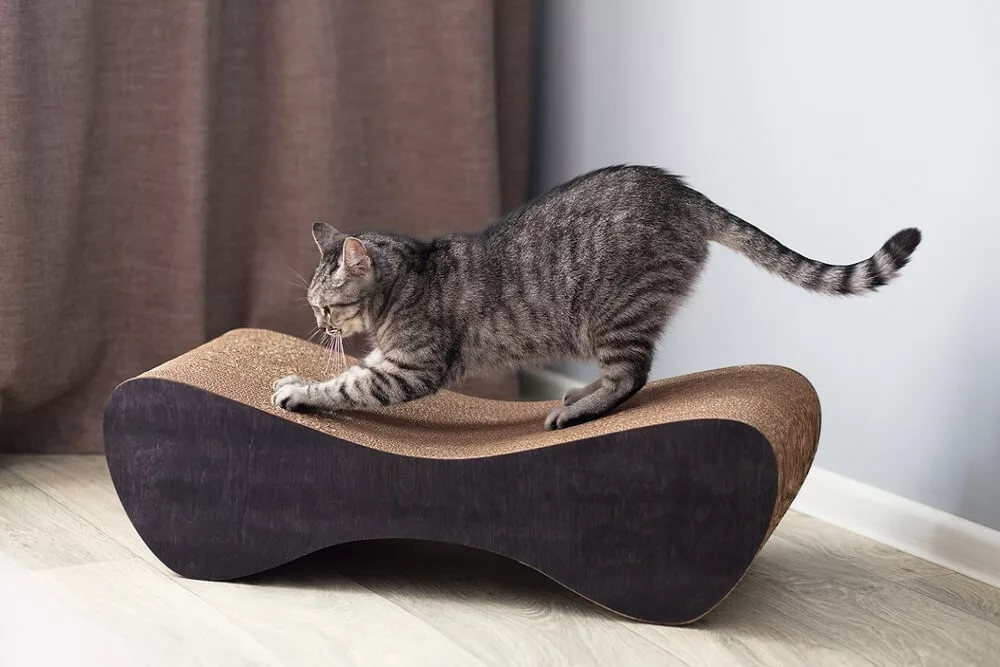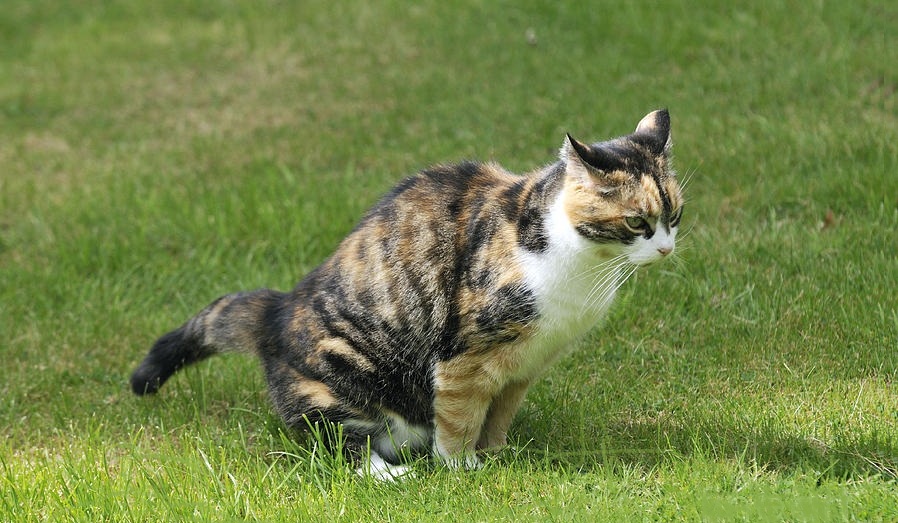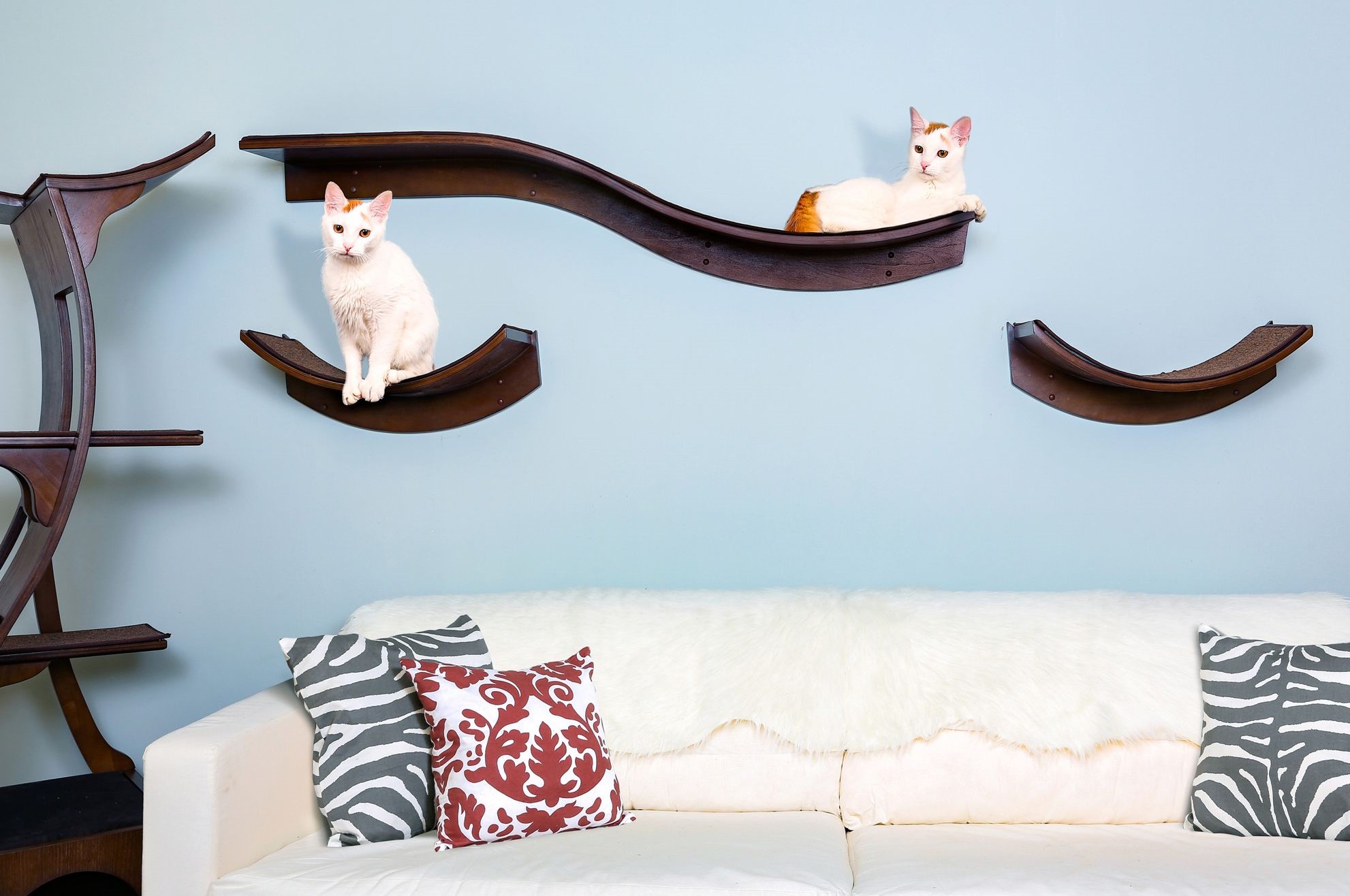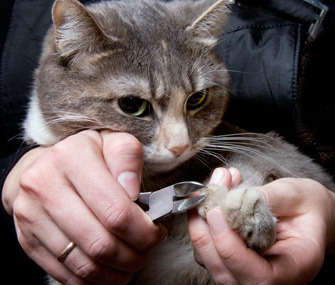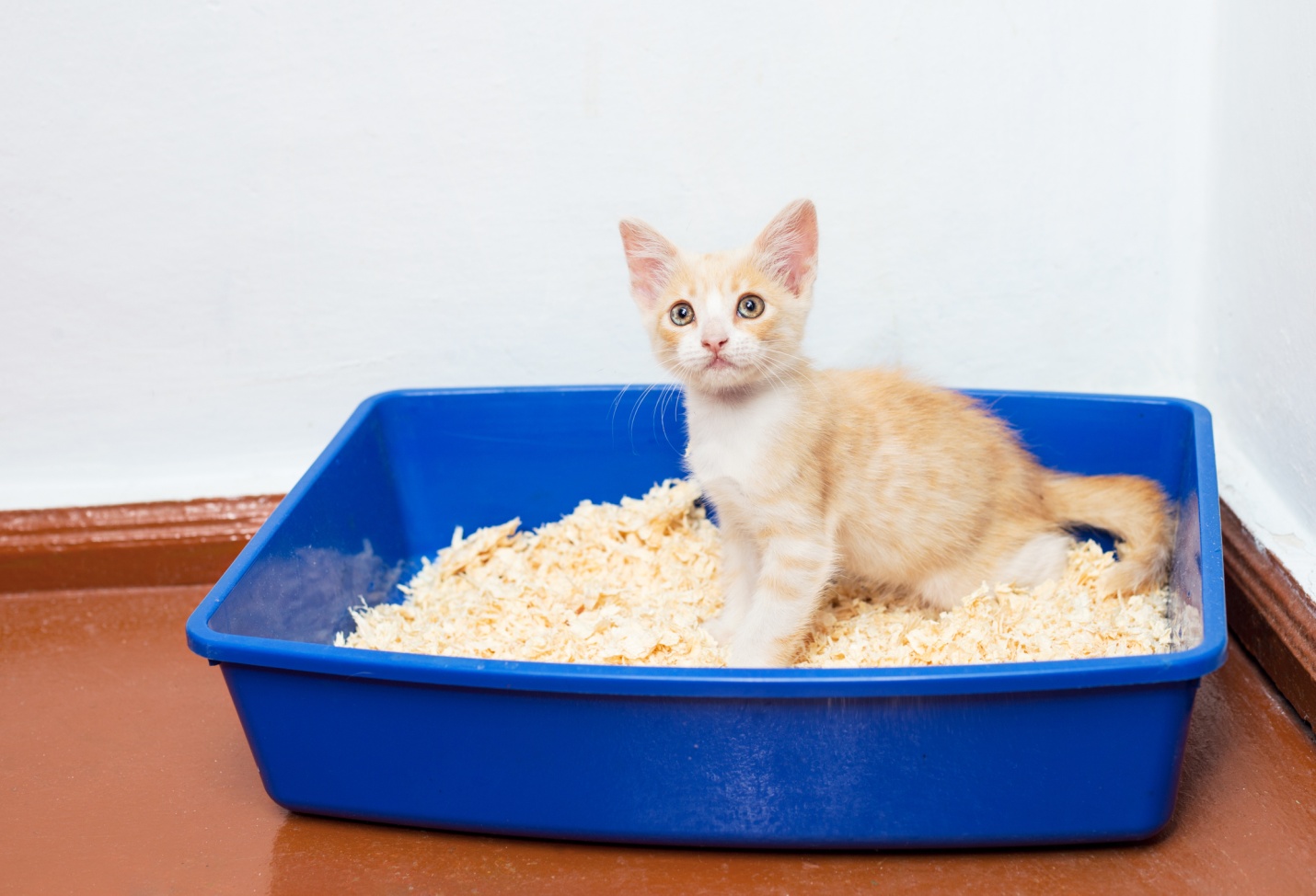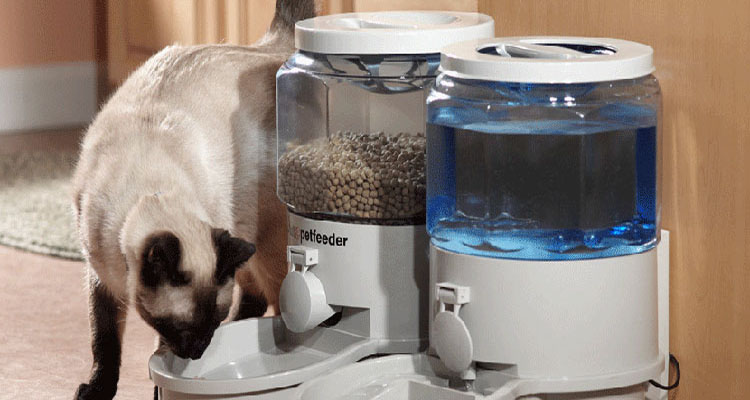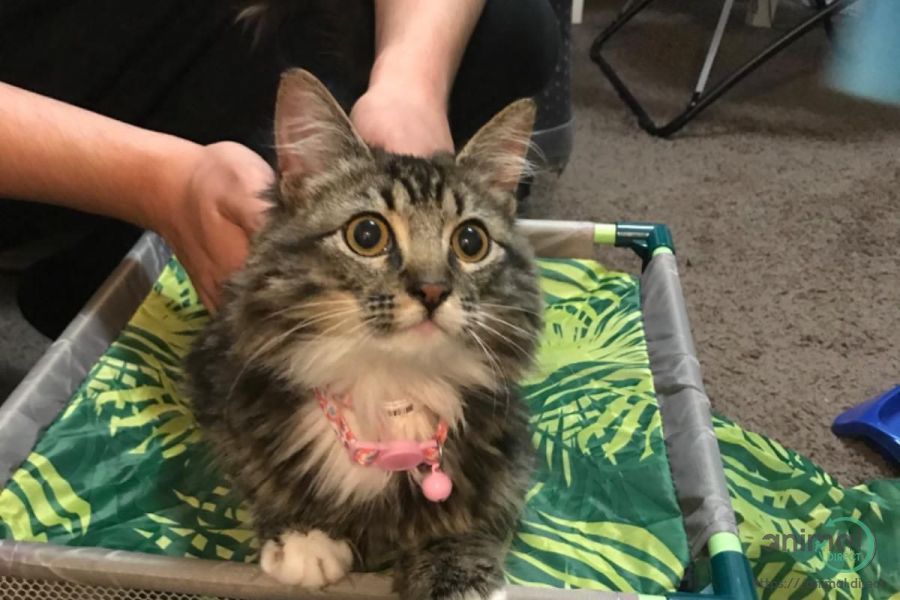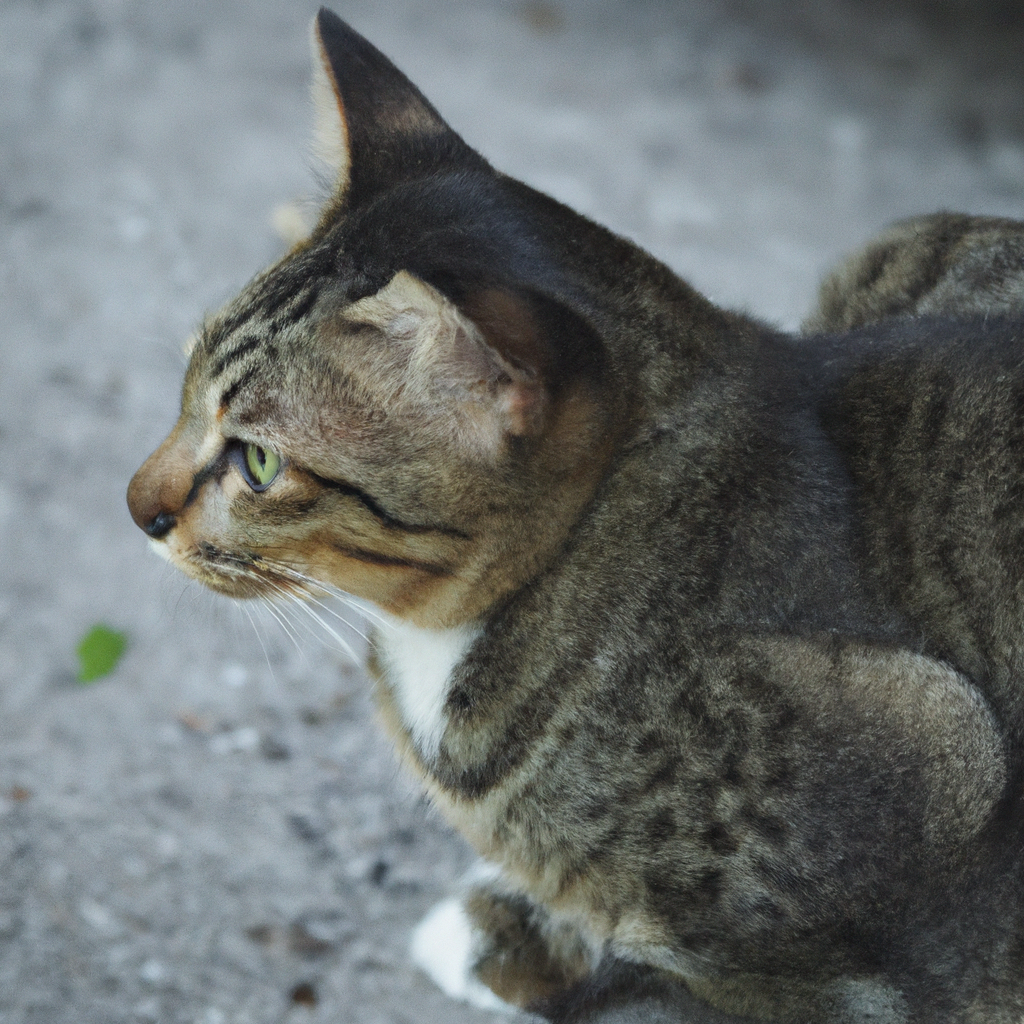
Content
Introduction:
Cats bring immense joy and companionship to our lives, but when they start spraying urine on our beloved furniture and walls, it can be a cause of frustration. Understanding the reasons behind this behavior is crucial to effectively putting a stop to it. In this article, we will explore four tips that can help you quickly tackle this issue and maintain a clean, urine-free home.
1. Identify the Root Cause:
Before we delve into solutions, it’s essential to determine why your cat is spraying. Spraying can be triggered by various factors, such as stress, anxiety, or territorial marking. By identifying the underlying cause, you can address it more effectively. If your cat is experiencing anxiety, create a safe and secure space where they can feel at ease. Consider providing hiding spots, cozy beds, or perches to reduce their stress level. Altering their routine may also alleviate anxiety in some cases.
2. Utilize Behavior Modification Techniques:
Once you have pinpointed the reason behind your cat’s spraying behavior, implementing behavior modification techniques can prove invaluable. Provide your feline friend with positive reinforcement whenever they use their litter box appropriately. Reward them with treats or praise to create a positive association. Conversely, if you catch them in the act of spraying, calmly interrupt the behavior without scolding or punishing them. Negative reinforcement could exacerbate the issue and increase their stress levels.
3. Explore Effective Products:
If behavior modification techniques alone do not yield desired results, consider utilizing products designed to deter your cat from spraying. The market offers a range of options that can assist in preventing this behavior. One such product is a spray repellent that emits a scent cats find unpleasant, deterring them from spraying on certain surfaces. Another option is a motion-activated deterrent that emits a harmless burst of air or water when your cat approaches the area they usually target.
4. Seek Professional Guidance:
If despite your best efforts the spraying behavior persists, it may be beneficial to consult with a veterinarian or animal behaviorist. These professionals possess in-depth knowledge and experience in dealing with such issues. They can provide you with personalized advice and offer additional strategies specific to your cat’s needs. In certain cases, medication or hormone therapy may be recommended to address any underlying medical conditions that contribute to spraying. If you’re in the Merseyside area our Liverpool carpet cleaning branch can help!
Conclusion:
Putting an end to your cat’s spraying behavior requires patience, understanding, and a tailored approach. By determining the root cause, implementing behavior modification techniques, exploring effective products, and seeking professional guidance when needed, you will be well-armed to tackle this issue head-on. Remember, consistency and positive reinforcement are key in helping your feline companion transition to using their litter box, keeping your home clean, and fostering a harmonious environment for both you and your cat.

Ruth is all about pet style. She’ll help you and your furry friend turn heads with the latest trends in pet fashion.
